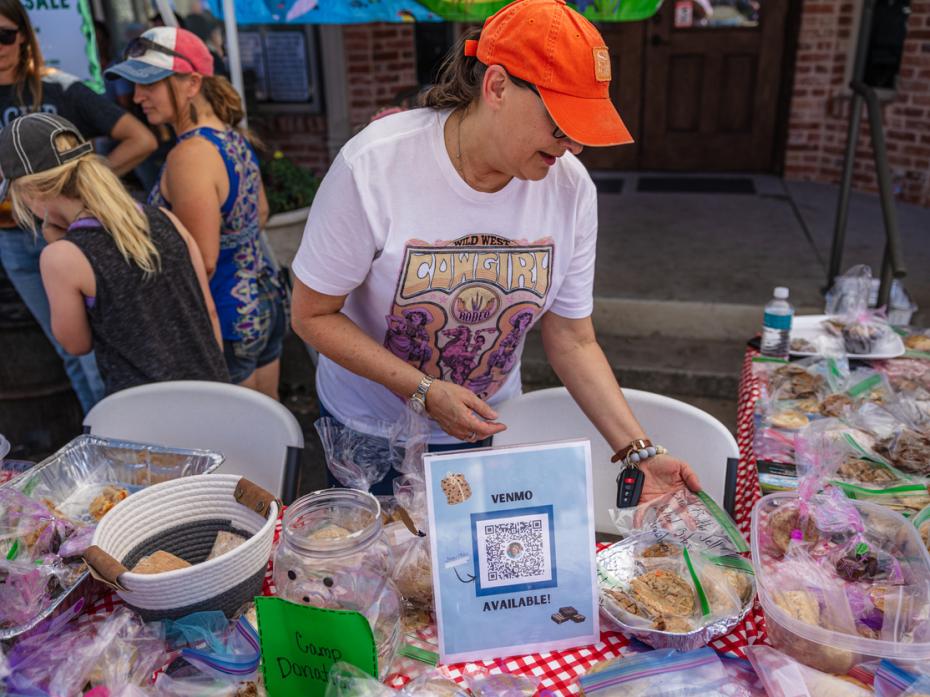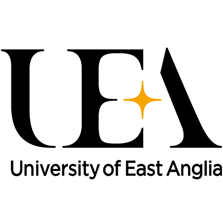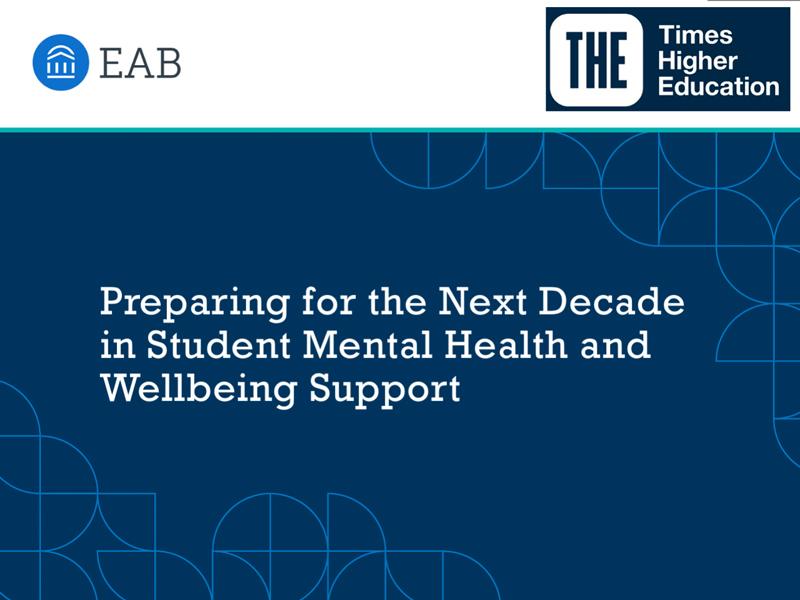
How community events can improve staff and student well-being
The decline in mental health among students and staff at universities is complex and interconnected. For students – particularly international students – the transition to independent living can be stressful, leading to heightened emotions and feelings of social isolation. Financial pressures often force students to balance part-time employment with their studies to cope with rising living costs in the UK, while uncertainties from Brexit and a slow economic recovery contribute to a precarious job market.
For staff, pressures to publish and achieve research or teaching output goals contribute to ongoing strain. With many UK universities experiencing financial difficulties, staff face job insecurity and increased workloads. Junior staff are particularly vulnerable, as many are employed on fixed-term contracts in grant-dependent research roles. Additionally, the need to support students with complex mental health needs, increased administrative tasks and a demanding “always-on” culture creates an environment ripe for burnout. How can we address this?
Creating a community with well-being at its core
Maintaining morale in a large, dynamic department requires a collaborative approach. Building a committee of staff and students to organise and promote social events and well-being initiatives can address this need, facilitating community and professional interactions. The committee should have an academic chairperson with membership comprising a diverse group of academics, administrative staff, research staff and students. The remit of the committee should also support all aspects of the departmental equality, diversity and inclusivity strategy. At the start of the academic year, the committee should meet to draw up an events schedule, with different members of the committee volunteering to lead them.
Activities and events
It is important to structure social events around key points in the academic calendar to encourage engagement, reduce stress and support well-being. Organising inclusive, low-pressure activities during quieter periods (such as during summer and at the start of the spring term) allows staff and students space to connect informally, often with friends or family present. These periods also coincide with warmer weather or seasonal celebrations, which can support event theming and outdoor gatherings.
For example, a summer picnic offers an informal setting for community members to spend time outdoors. Attendees bring their own food and outdoor games. The relaxed format encourages social interactions without logistical complexity. Similarly, “pre-loved” book sales and Christmas gift swap events can take place early in the autumn term, creating an inviting shared space in communal areas that fosters informal conversations and resource-sharing.
Events centred around creative expression and shared interests can be particularly popular. Organising Bake-Off-style cookery events brings participants together over food and friendly competition, offering a platform to showcase culinary skills and cultural traditions. A prize can be awarded for the most popular bake, while non-competitive entries are welcome to promote inclusivity. The event can double up as a fundraising opportunity, with school members buying bakes at low prices (50p per cupcake, £1 per sausage roll, for example).
- Collection: Well-being in higher education
- Bluetooth for better health: using tech to support student well-being
- Create an environment where good mental health can thrive
Poetry trails offer positivity in everyday spaces. Short poems and quotes can be printed out and displayed in social areas such as kitchens, communal areas and toilets, giving people a few moments of quiet reflection.
Evening activities such as film nights and pub quizzes offer additional opportunities for informal peer interaction. Film nights can take place in lecture theatres and common rooms, with participants encouraged to bring snacks and, occasionally, dress according to the film’s theme, an approach that fosters shared enjoyment and helps new acquaintances connect. Pub quizzes are usually very popular when held during Welcome Week and at the end of the autumn term. They work best when hosted in communal spaces after the working day and can be tailored to allow attendees to bring food and drinks, supporting rapport-building among staff and students in non-academic settings.
A combination of printed flyers, digital and printed posters, newsletters, and slides appended to lecture presentations is effective for promotion.
Fundraising
Turning events into fundraising opportunities is a great way to support initiatives such school food banks. Funds are raised through small voluntary contributions, raffle ticket sales and income from bake sales and book swaps. Raffles, especially those featuring prizes donated by local businesses, have proven highly effective and often take place during large-scale events like the summer picnic to boost participation.
Access to healthier food options is linked to improved mental well-being in university students, evidence suggests, highlighting the importance of food banks. These should be discreet and stocked with non-perishable items and essentials. Tinned food, pasta, rice, long-life milk and cereals are ideal owing to long storage life and low cost. Staff should aim to make cost-effective purchases to maintain supplies and keep an eye on stock levels.
Universities are often demanding and high-pressure environments, with students and staff alike facing challenges related to stress, isolation and mental health. A community events programme responds to this by creating consistent opportunities throughout the academic year for connection, relaxation and engagement.
Janine Wilkinson is a lecturer in biomedicine, the director of employability and a social and well-being officer at the University of East Anglia. Jean-Charles de Coriolis is a postgraduate researcher and member of the BIO Social and Wellbeing Committee at the University of East Anglia.
If you would like advice and insight from academics and university staff delivered direct to your inbox each week, sign up for the Campus newsletter.




